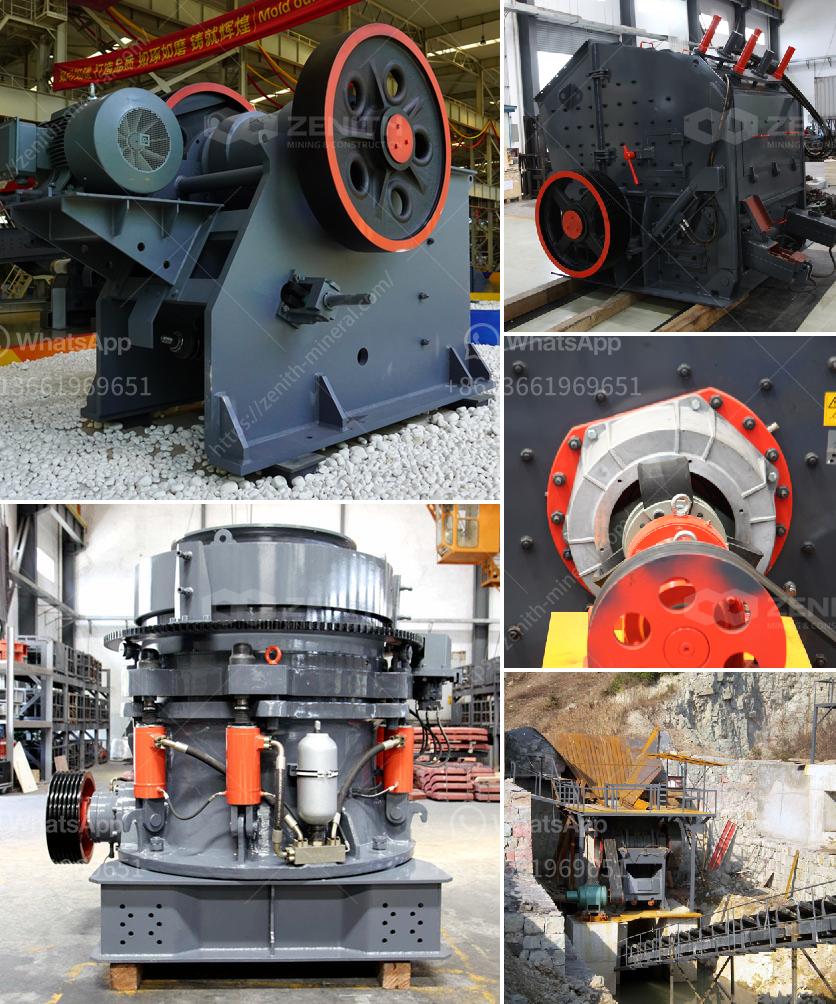Jaw crushers play a significant role in promoting the utilization of construction waste. Here's a detailed explanation of how they contribute to this process:
1. Reduction of Waste Volume
Jaw crushers are designed to crush large pieces of construction waste into smaller, more manageable sizes. This reduction in volume makes it easier to handle, transport, and process the waste. By breaking down materials such as concrete, bricks, and stones, jaw crushers help in minimizing the space required for waste storage and disposal.
2. Recycling of Materials
One of the primary benefits of using jaw crushers in construction waste management is the ability to recycle materials. Crushed construction waste can be reused in various applications, such as:
- Aggregate for New Construction: Crushed concrete and other materials can be used as aggregate in new construction projects, reducing the need for virgin materials.
- Road Base and Sub-base: Recycled materials can be used as a base or sub-base for roads, providing a stable foundation and reducing the demand for new materials.
- Landscaping: Crushed construction waste can be used in landscaping projects, such as pathways, retaining walls, and decorative features.
3. Environmental Benefits
By promoting the recycling and reuse of construction waste, jaw crushers help in reducing the environmental impact of construction activities. Some of the key environmental benefits include:
- Reduction in Landfill Use: By diverting construction waste from landfills, jaw crushers help in reducing the strain on landfill sites and the associated environmental issues, such as leachate and methane emissions.
- Conservation of Natural Resources: Recycling construction waste reduces the need for extracting and processing new raw materials, conserving natural resources and reducing the environmental footprint of construction projects.
- Lower Carbon Emissions: The recycling process typically requires less energy compared to the production of new materials, leading to lower carbon emissions and a smaller overall carbon footprint.
4. Economic Advantages
Utilizing jaw crushers for construction waste management also offers economic benefits:
- Cost Savings: Recycling construction waste can lead to significant cost savings by reducing the need for new materials and lowering disposal costs.
- Revenue Generation: Crushed materials can be sold or used in new projects, creating potential revenue streams for construction companies.
- Job Creation: The recycling industry creates jobs in the collection, processing, and resale of recycled materials, contributing to the local economy.
5. Improved Site Safety and Cleanliness
By efficiently managing construction waste, jaw crushers help in maintaining cleaner and safer construction sites. This can lead to:
- Reduced Risk of Accidents: Proper waste management reduces the risk of accidents and injuries caused by debris and clutter on construction sites.
- Enhanced Aesthetics: A cleaner site improves the overall appearance and can positively impact the perception of the construction project by stakeholders and the public.
Conclusion
Jaw crushers are essential tools in the promotion of construction waste utilization. They contribute to the reduction of waste volume, enable the recycling of materials, offer environmental and economic benefits, and improve site safety and cleanliness. By integrating jaw crushers into construction waste management practices, the construction industry can move towards more sustainable and efficient operations.


